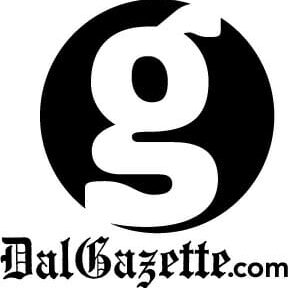

Fred Connors: It is the mayor’s job to chair council and to deliver the ambassadorship our city needs and promote the overall higher vision of our municipality to the people who live here, and hopefully the rest of the country and the world.
On the city’s finances:
FC: I don’t know if you’re familiar with the Canadian Centre for Policy Alternatives but they delivered, earlier this summer, an alternative municipal budget which clearly shows the municipalities’ capability of investing $2.2 million into professional arts in HRM that will bring our funding up to the national average, which I think is $5.53 per capita, with a plan to increase that funding over three years to $3 million.
I also know that an $18 million surplus has been found by CAO Richard Butts and that money has to be invested into the municipality somewhere, and possibly investing some of it directly into our arts community would be a good thing. (Editor’s Note: The Gazette has not found a record of this surplus.)
Also, the municipality over the last four years has spent $16.7 million hiring consultants to make the decisions that council and staff are hired and are expected to have the expertise to make. So with the $16.7 million in consultants paid over the last four years, and often the outcomes of those studies and the information they gave us has not gone anywhere or been implemented. So, in terms of tax dollar spending, that’s a waste. So, if we were able to apply better decision-making, it would cost the municipality much less to make the decisions it needs to make, leaving more money for investing in our communities, and that includes the arts community.
On transit:
FC: Having looked at the Dalhousie Transportation Demand Management Plan, ideally what we want is to be able to build a city where people have to travel shorter distances to get to where they need to go. This gets into the affordability and efficiency of a city: this isn’t just about getting more buses or moving people around. This is about creating community based solutions so that people can afford to live in the communities where they are working, where they are going to school, and where they need to access resources. This, instead of having to live out in the farthest margins of our municipality and rely on infrastructure like transit to get them to where they need to go.
We need to build complete, holistic, transit-oriented communities so people can easily travel within their own community. And when I talk about community, I’m not just talking about the greater HRM, but if you live in Clayton Park you need to be easily able to access your community of Clayton Park. If you live in Cole Harbour, you need to be able to get around Cole Harbour. And you also need to be able to connect with other communities within HRM and transit needs to be focused on the people, not just “more buses.”
This interview has been edited for clarity and length.






